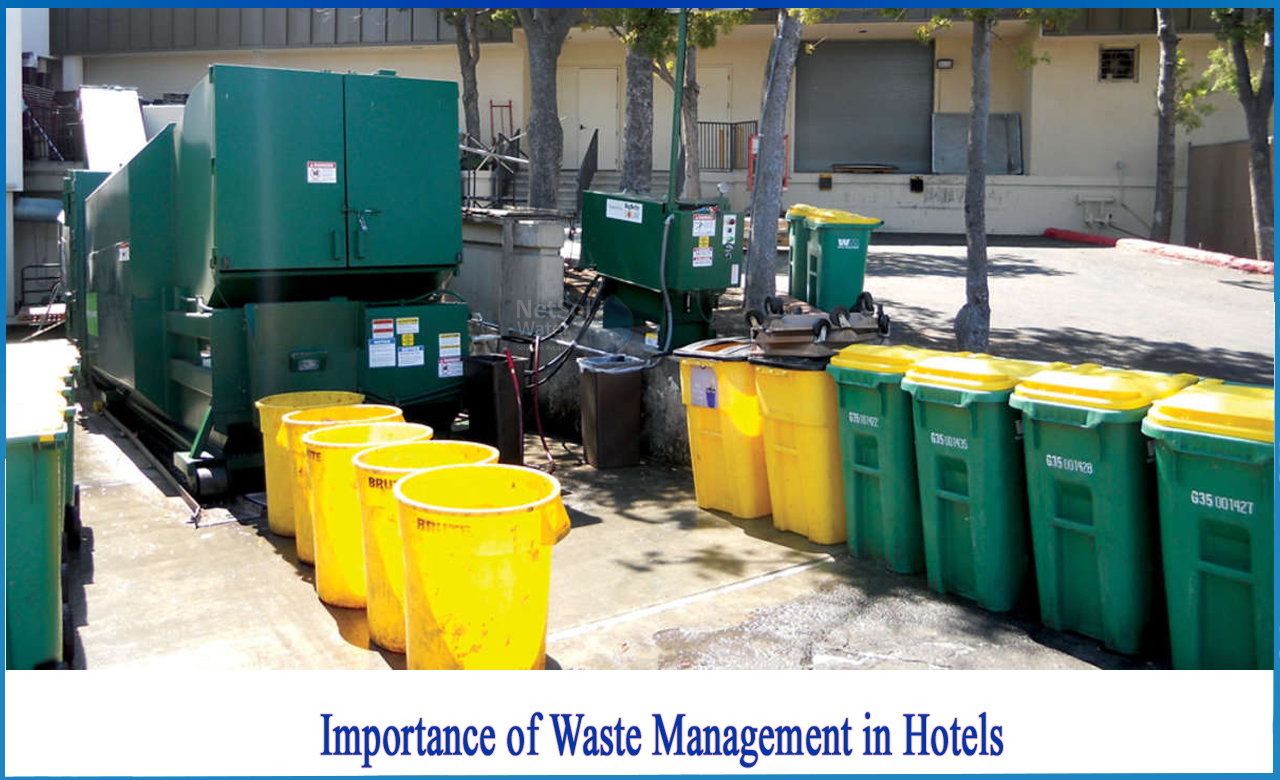The 5-Second Trick For Reclaim Waste
The 5-Second Trick For Reclaim Waste
Blog Article
Our Reclaim Waste Statements
Table of ContentsThe Ultimate Guide To Reclaim WasteNot known Factual Statements About Reclaim Waste The 25-Second Trick For Reclaim Waste7 Simple Techniques For Reclaim WasteReclaim Waste - Questions
Residential sewage waste refers to the waste and products from a property septic container. The appropriate monitoring and disposal of residential sewage waste require liquid waste to be moved to a sewage treatment plant where the correct approaches and devices are applied to detoxify and dispose of waste.
Industrial waste commonly includes potential risks, such as combustible materials or a mix of liquid and solid waste products, and requires an advanced and detailed disposal process. The disposal of commercial waste generally entails the filtering of waste prior to transportation to make certain secure and appropriate disposal. Industrial waste is created from results and drainage of commercial processes and manufacturing.
This kind of waste can not use the same sewage management transport or processes as septic or business fluids. The commercial waste administration process requires the assessment and testing of liquid waste prior to it undertakes the disposal procedure (liquid waste removal melbourne). Overflow waste is the liquid waste that originates from runoff and excess stormwater in highly inhabited locations or cities
Runoff waste can cause contamination and flooding if not handled effectively. Find out much more about sewer cleaning and waste monitoring. Guaranteeing proper waste administration can prevent catastrophes and lower ecological damage. Both people in property setups and professionals in business or manufacturing sectors can benefit from comprehending the processes and laws of liquid waste administration.
What Does Reclaim Waste Mean?
Call PROS Services today to learn more about our waste management and disposal services and the proper ways to take care of the liquid waste you generate.
(https://www.callupcontact.com/b/businessprofile/Reclaim_Waste/9368278)Do you know what takes place to your water when you pull the plug, purge the commode or drain pipes the cleaning device? No? Well, it's worth understanding. This so-called 'wastewater' is not just a vital resource but, after treatment, will certainly be launched to our land, waterways or the ocean. Used water from bathrooms, showers, bathrooms, kitchen sinks, laundries and industrial procedures is recognized as wastewater.

water used to cool down equipment or clean plant and equipment). Stormwater, a form of wastewater, is runoff that flows from farming and city areas such as roofing systems, parks, yards, roadways, courses and seamless gutters right into stormwater drains pipes, after rainfall. Stormwater flows neglected straight to local creeks or rivers, eventually getting to the ocean.
9 Easy Facts About Reclaim Waste Described
In Queensland, most wastewater is dealt with at sewage treatment plants. Wastewater is carried from domestic or commercial sites with a system of drains and pump terminals, known as sewage reticulation, to a sewage therapy plant.
The Department of Natural Resources suggests regional federal governments about managing, operating and preserving sewerage systems and treatment plants. In unsewered areas, city governments might call for homeowners to set up individual or home sewer treatment systems to treat domestic wastewater from toilets, cooking areas, shower rooms and washings. The Department of Natural Resources authorizes using family systems when they are proven to be efficient.
In some brand-new communities, treatment of some stormwater to get rid of trash, sand and gravel has begun making use of gross pollutant traps. Wastewater treatment occurs in four phases: Removes strong matter.
Wastewater then streams into huge containers where solids clear up and are eliminated as sludge. Grease and scum are skimmed from the surface. Makes use of small living organisms recognizes as micro-organisms to damage down and get rid of continuing to be dissolved wastes and great particles. Micro-organisms and wastes are incorporated in the sludge. Removes nitrogen and phosphorus nutrients that could cause algal blooms in our waterways and threaten aquatic life.
Not known Incorrect Statements About Reclaim Waste
Nutrient elimination is not readily available at all sewage treatment plants since it calls for pricey specialised equipment. Clear liquid effluent created after therapy might still have disease-causing micro-organisms - liquid waste disposal.

This usually suggests wastewater needs to be dealt with or contaminants eliminated before it can be released to waterways. Many wastewater moves into the sewerage system. Under the Act, local federal governments carry out approvals and permits for ecologically relevant tasks (Periods) entailing wastewater launches that could have a regional impact. The division carries out approvals and licences to ERAs including wastewater releases that may have a regional or statewide effect.
Some Ideas on Reclaim Waste You Should Know
Monitoring provides valid details regarding water top quality and can verify that licence problems are being fulfilled. The information obtained via surveillance supplies the basis for making water quality choices.
Report this page